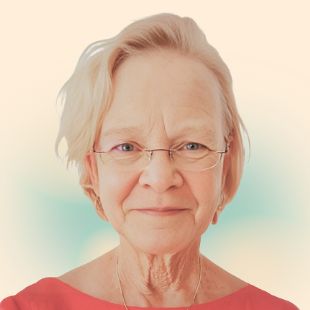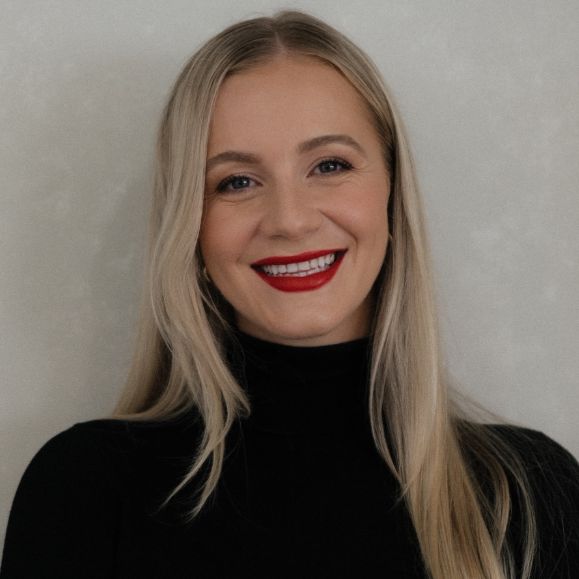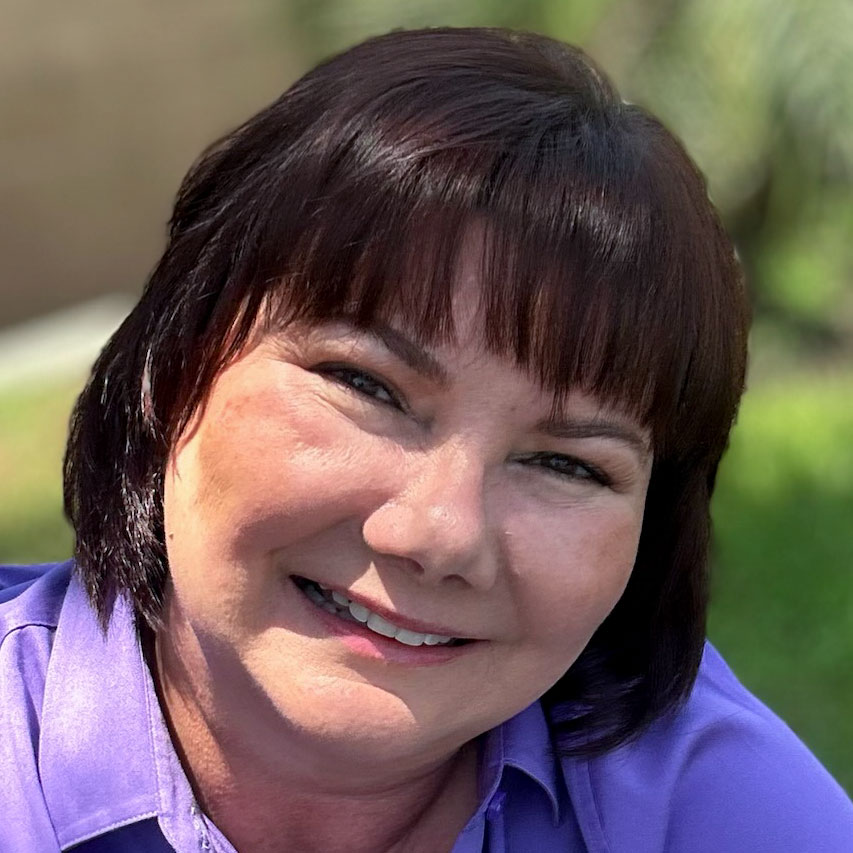What is divorce counseling, and how can it help during a separation?
Divorce counseling—also called separation counseling—is a specialized form of therapy designed to help individuals or couples process the emotional impact of a breakup or divorce. While legal proceedings focus on the division of assets, child custody, and logistics, counseling focuses on the emotional and psychological fallout.
Divorce counseling can help you:
- Process grief, anger, betrayal, or guilt
- Cope with sudden lifestyle changes
- Manage anxiety or depression
- Rebuild confidence and self-identity
- Improve communication—especially when co-parenting
- Create a healthier emotional environment for children
A skilled therapist for divorce creates a safe space to untangle the complex feelings surrounding separation while helping you regain a sense of stability and direction.
What’s the difference between a divorce therapist and a divorce counselor?
The terms divorce therapist and divorce counselor are often used interchangeably, but there can be subtle differences depending on professional background.
- A divorce counselor typically holds a degree in counseling and may focus on providing emotional support, conflict resolution, and coping skills.
- A divorce therapist may have a background in psychology, social work, or marriage and family therapy, and might address deeper emotional issues, trauma, or co-occurring mental health challenges.
Both professionals can guide you through the emotional journey of separation. What matters most is that they are licensed, experienced in divorce therapy, and offer an approach that resonates with you.
What should I expect in a session of divorce counseling?
A divorce counseling session is tailored to your unique situation, but here’s what you can generally expect:
- A safe, nonjudgmental environment where you can speak openly
- Emotional support for the grief, anger, confusion, or shame you may feel
- Practical tools for stress management, communication, and boundary-setting
- Exploration of identity, values, and self-worth after the relationship ends
- Strategic planning for co-parenting, finances, or rebuilding routines
- Guidance on how to talk to children about divorce
If you’re doing individual therapy for divorce, sessions will focus on your personal experience. If you’re attending co-parenting therapy or joint sessions with your ex-partner, the focus will shift to communication and collaboration.
Can divorce counseling help even if the separation is amicable?
Absolutely. Even when a separation is mutual and respectful, it still marks the end of a shared future—and that brings emotional weight. Many people experience unexpected waves of grief, uncertainty, or guilt after the initial relief of a peaceful decision.
Divorce counseling in an amicable split can help you:
- Process any lingering sadness or fear
- Avoid emotional buildup or resentment
- Navigate shared parenting or joint decisions with clarity
- Begin your next chapter with greater self-awareness and purpose
Therapy doesn’t mean you’re falling apart—it means you’re committed to moving forward in a healthy, intentional way.
Is there divorce counseling for women that focuses on rebuilding confidence and identity?
Yes—divorce counseling for women can be tailored specifically to support emotional recovery, identity rebuilding, and empowerment after a separation. For many women, divorce isn't just the end of a relationship—it can feel like the loss of self.
You may have spent years putting your partner’s needs first, prioritizing family, or anchoring your identity to the marriage. After the separation, it’s common to feel lost, invisible, or uncertain about who you are without the relationship.
A skilled divorce therapist can help you:
- Rediscover your personal identity apart from your role as a spouse or parent
- Rebuild self-esteem that may have been damaged during the relationship or throughout the separation process
- Explore your values, goals, and desires in this new chapter of life
- Develop emotional independence and confidence in decision-making
- Address residual trauma, especially if the marriage included emotional neglect, gaslighting, or abuse
For women facing additional challenges—like re-entering the workforce, managing single parenthood, or navigating social stigma—divorce counseling offers not just healing, but transformation. Many women find this to be a powerful time to reclaim their voice, embrace their strength, and redefine what happiness and wholeness look like on their own terms.
Whether you're fresh out of a breakup or years into recovery, divorce counseling for women provides the space, tools, and encouragement to heal deeply and grow boldly.
Is there divorce therapy for men who struggle with anger, grief, or loss of identity?
Yes. While men may express divorce-related pain differently, the emotional impact can be just as profound. Divorce therapy for men provides a space to process feelings of:
- Rejection, failure, or shame
- Anger or resentment (especially around custody or financial arrangements)
- Emotional disconnection or isolation
- Loss of routine, role, or purpose
Therapy encourages emotional honesty—without judgment. Many men find that counseling helps them not only cope but also grow in emotional intelligence, communication skills, and confidence.
Can individual therapy for divorce help if my partner doesn’t want counseling?
Yes—individual therapy for divorce can be incredibly helpful, even if your partner refuses counseling or if you’re going through the separation alone. While joint counseling can be useful in some situations, it’s not necessary for you to begin healing.
Individual therapy can support you in ways such as:
- Processing emotions like grief, rage, guilt, confusion, or betrayal
- Rebuilding your sense of self and exploring life after the relationship
- Learning new coping strategies for anxiety, loneliness, or depression
- Setting healthy boundaries, especially if your ex is difficult or controlling
- Making confident decisions about parenting, finances, or future relationships
Therapy also provides a space to explore why the relationship ended, what patterns you want to change, and how to grow into this next version of yourself. It’s a chance to reflect deeply, heal honestly, and emerge stronger—regardless of what your ex-partner chooses to do.
You deserve support, clarity, and healing. And you don’t need anyone else’s participation to start that journey with a trusted divorce therapist.
How does co-parenting therapy work after a divorce?
Co-parenting therapy is designed to help separated or divorced parents work together in the best interest of their children. It focuses on:
- Establishing consistent rules and boundaries across homes
- Navigating scheduling conflicts or custody challenges
- Reducing tension and emotional reactivity
- Creating respectful communication channels
- Prioritizing the child’s emotional well-being
A divorce counselor acts as a neutral facilitator to reduce conflict and increase collaboration. Even if ex-partners disagree on many things, co-parenting therapy helps them find common ground for the sake of their children.
Is online divorce counseling effective?
Yes—online divorce counseling is not only effective but often ideal during a separation. Divorce is a time of emotional upheaval and logistical strain, and having access to therapy from the comfort of your home can make it significantly easier to commit to consistent care.
Benefits of online divorce therapy include:
- Convenience: No commuting, childcare arrangements, or schedule juggling. You can attend sessions from anywhere.
- Privacy: Online platforms allow you to have sessions in your own space, which many clients find more comfortable and less emotionally vulnerable than in-office visits.
- Continuity of care: If you're relocating or traveling during a divorce, you can maintain therapy without interruption.
- Accessibility: Especially helpful for people in rural areas, small towns, or those without nearby divorce counselors.
Numerous studies have shown that virtual counseling is just as effective as in-person sessions for many individuals, especially when working with a licensed and experienced therapist for divorce. Online therapy platforms also offer secure, HIPAA-compliant tools that ensure your privacy and safety throughout the process.
Whether you’re navigating emotional recovery, co-parenting dynamics, or rebuilding your life post-divorce, online divorce counseling can be a powerful, flexible solution tailored to your needs.
Do I need a therapist for divorce if I already have legal representation?
Legal help is essential for managing the logistical aspects of divorce—but attorneys are not trained to guide you through the emotional or psychological aftermath. A therapist for divorce provides the emotional grounding that legal professionals can’t offer.
Working with both a lawyer and a divorce counselor ensures that:
- You’re making decisions from a place of clarity, not reactivity
- You’re better prepared for the emotional toll of court proceedings
- You have support for life transitions that follow, such as parenting, relocation, or rebuilding your life
Having a complete support team—including legal, emotional, and logistical professionals—makes for a more balanced and empowered separation process.
How can I start coping with divorce if everything feels overwhelming?
Divorce can feel like your life is unraveling—especially when it’s unexpected or unwanted. But healing begins with small, manageable steps, like:
- Acknowledge your emotions: It’s okay to feel angry, sad, numb, or even relieved. All feelings are valid.
- Set boundaries: Limit contact with your ex if needed. Protect your emotional space.
- Reach out: Talk to friends, family, or a divorce counselor who can offer objective support.
- Take care of your body: Eat, sleep, and move—your physical health affects your resilience.
- Journal or meditate: Reflecting on your experiences can help you process them more fully.
- Focus on one day at a time: You don’t have to solve everything right now. Just breathe and take the next step.
Coping with divorce isn’t about doing it perfectly—it’s about showing up for yourself with compassion, even when it’s hard.
You are allowed to grieve. You are allowed to grow. You are allowed to start again. Whether your divorce was sudden or years in the making, support is here for you. Reach out today to find a compassionate divorce therapist, explore online divorce counseling, or begin individual therapy for divorce.
Your next chapter begins with healing—and you don’t have to turn the page alone.













